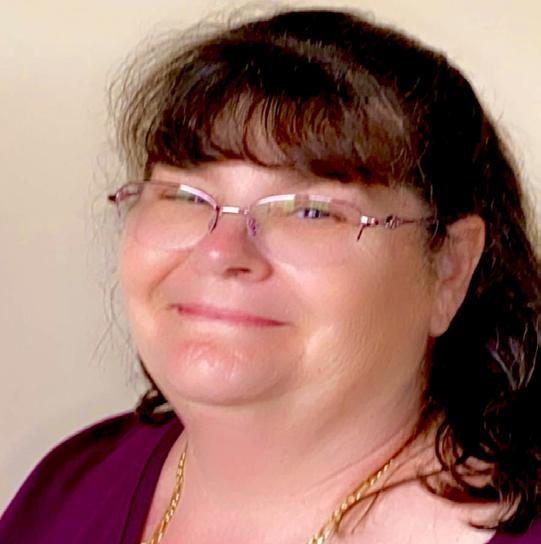
2 minute read
Co-Chairs
The Leadership Committee provides the direction and oversight for the FAC. Among the many tasks assigned to this group are overseeing the protocols and processes, and reviewing the same annually. The group works through acquisition and retention of FAC members, defines and oversees the work of the established committees, and generally “manages” the day-to-day work of the organization. They work in concert with the assigned DCF Liaison, which is currently Daniel Lewis, under the direction of Jose Monteiro.
In FY 23, the Leadership Team completed the Strategic Planning process for the organization. This included a comprehensive review of the oversight of committees, function of programs and process, direct community support and engagement work, and the advocacy for families through DCF. The Strategic Planning Committee continued to function as a space to work though proposed projects and review/oversight committee prior to presenting to Leadership.
Advertisement
Executive Committees
Strategic Planning Committee
General Committees
Area Board Advisement Committee
Fatherhood Engagement Committee
Mental Health/Trauma Committee
Diversity Committee
Budget Committee
The Strategic Planning Committee provides the strategic direction for the FAC. In FY22 this team worked diligently to restructure and redirect the activities of our broad and deep work. In FY23, this team reviewed all of the process and procedures, member requirements, and other procedural and operating processes. This group continues to provide feedback to the Department about policy change and implementation. In other impact areas, this team reviews recruitment and membership and works to assure that our standards of diversity, equity and inclusion are actionable and represented in our membership and our output.
Education Committee
Kinship/Foster Care Committee

Legislative & Juvenile Justice Committee
Substance Use Committee
The Budget Committee meets regularly to review the reimbursement to members for work performed, reviews the fiscal impact of approved projects, and training reimbursements. They also review the proposed annual budgets and work with DCF to submit payment voucher requests. The treasurer works to directly support member needs, helps members to navigate related systems, and provides regular updates to the leadership team.
Executive Committees
Area Board Committee
The Area Board Committee operates under the Massachusetts legislative guidance, which partially governs the work of the Family Advisory Committee, and we are conjoined to the Area Advisory Boards which align with all 29 DCF Area Offices. Our work includes functional practices such as serving as the advisory level of review for membership decision appeals, as well as supporting the overall work of the Area Advisory Boards. In 2019, we formed this committee with the goal of unifying the guidance for the work in the field, providing resources and education for Area Board leadership and members (as well as for DCF Area Office staff liaisons), and creating a framework and mechanism for sharing of resources and best practices.
In FY 23 this team hosted a Statewide Area Advisory Board Summit. This full-day session came after two years of changes to board operations hindered by COVID and the associated protocols. We learned, in advance of the Summit, that many teams needed a “101” format to help remind them of the guidelines to facilitate rebuilding Area Advisory Boards. With this in mind we repeated basics, such as review of the legislative and DCF guidance, as well as offering advanced sessions in advising and educating participants about topics that were requested following the prior Summit in 2019.
In positive response to the Summit in the Fall of 2022, we also presented a “Virtual Area Advisory Board Summit” in the spring of 2023. Goals for the upcoming year include a continuation of the Annual Area Advisory Board Summit as well as adding a NEW database to assist with collecting data about board members, and other factors, which will be shared broadly with teams across the Commonwealth to help facilitate the sharing of best practices and to deepen relationships, all in an effort to help expand “family voice” inclusion at the statewide and more local levels.








